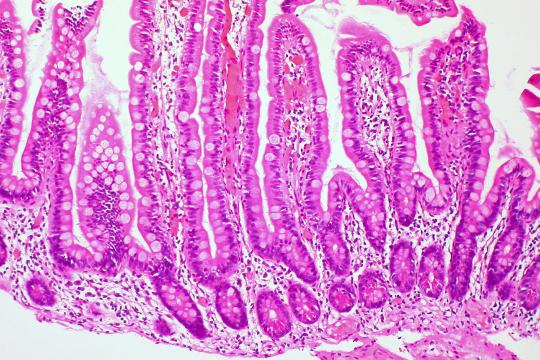The DTE protein asporin and gut regeneration

Aging and regeneration are two of the most fascinating areas of life science. The somewhat obscure protein (or rather proteoglycan) Asporin, previously known, e.g., to regulate TGF-beta activity in cartilage, has now been shown to play a key role in the regeneration of the intestine. An impressive demonstration of scientific grit, Sharif & Pekka! This paper has been in the making for many years, and there were multiple technical challenges to overcome. Sawan K. Jha started this collaboration in 2017 by creating several cell lines before he succeeded with the recombinant production of Asporin. There is no generally accepted definition for the term "difficult to express (DTE) protein", but Asporin fits the description well. It has miserable yields, and its activity is easily lost during purification. Sawan also produced and purified the first batches, and after Sawan had moved on to Red-Horse Lab at Stanford University, Sharif (upstream) and I (downstream) shared the production and purification work. Here is the direct link to the publication, which should work until April 26, even if you do not have a subscription. After that, use https://doi.org/10.1016/j.stem.2025.02.009. If you don't have a subscription, I will happily send you the PDF by email...



